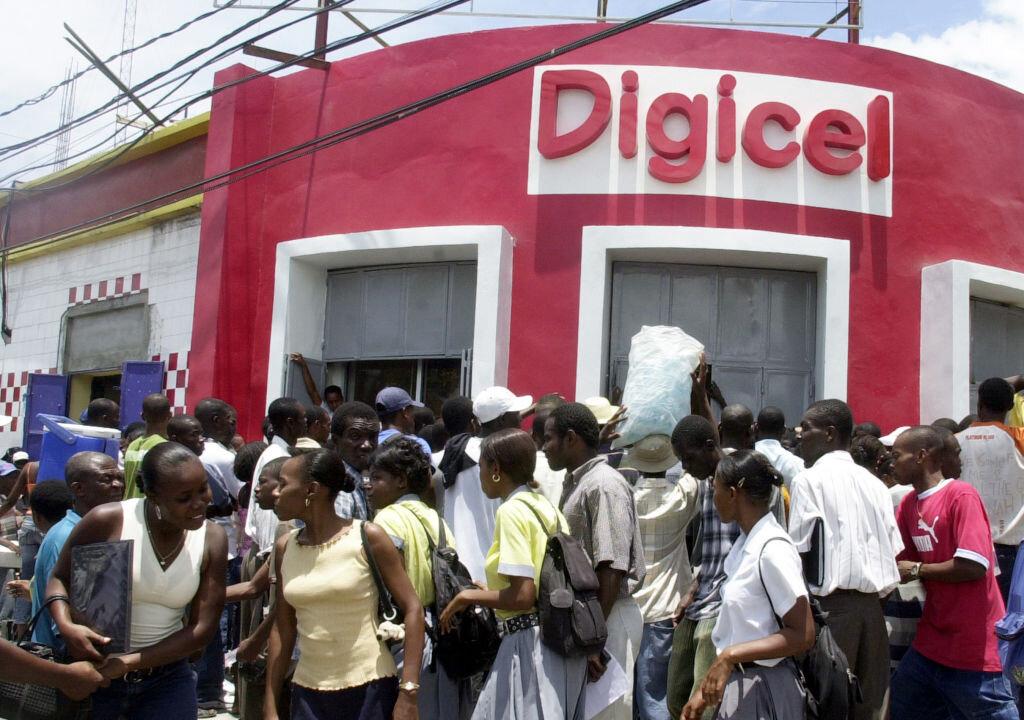The Australian government is backing telecommunications giant Telstra to potentially buy out Digicel’s mobile operations in the South Pacific, amid concerns a Chinese-backed company could swoop in and establish a foothold for Beijing to expand its influence.
On July 19, Telstra confirmed discussions were underway for a buyout, but there was no certainty around a deal.





